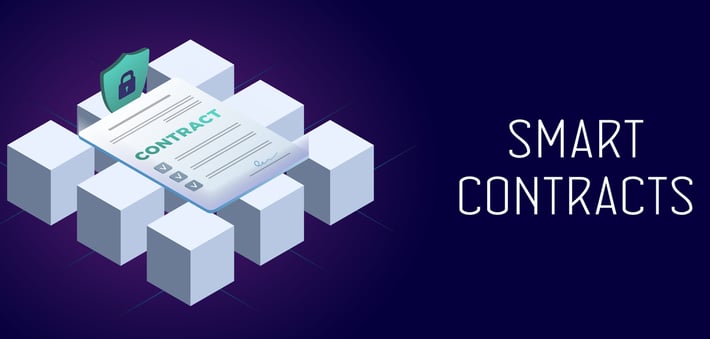Creating a contract playbook template can help legal departments enforce legal guidelines and increase operational efficiency. A comprehensive and well-structured template can harmonize multiple departments—legal, sales, procurement, and others—around common purposes and goals and help reduce risk. Contract playbooks are especially necessary when managing complex agreements requiring legislative updates or strategic renewals.

Below, we’ll examine what to include in a contract negotiations playbook template and offer a set of “best practice” recommendations for overcoming common challenges in playbook implementation and enforcement.
Components of a Contract Playbook Template
By including specific contract playbook template elements, you can increase the efficiency of your legal department’s contract review and negotiation process. These elements include:
- Regulation and Jurisdiction-Specific Clauses
Federal and local laws represent a significant area of liability, as contracts are binding documents that can be enforced by the courts. Therefore, potential issues should be addressed with approved language. Recently, companies have updated their contract playbooks with specific language on COVID-19 protocols to provide guidance for the following kinds of questions:
-
-
- What are the company’s obligations?
- What happens if COVID-19 disturbances interrupt the supply chain?
- Who is responsible for covering costs associated with the disturbance?
- Limitation of Liability
The indemnification clause serves to compensate a party for harm or loss arising from the other party’s actions or failure to act. Boilerplate language can be used here to ensure unwanted liability does not reside with the company.
This section of the template will include:
-
-
- Standard provision insertions to be routinely added or “must-haves.”
- Flagged language for review and negotiation or “nice-to-haves.”
- Strike language to be routinely omitted or “can’t-haves.”
A clause library addresses common areas of concern. Pre-approved deviations can expedite negotiations, while standard fallback language covers the company when unforeseen circumstances arise.
This section covers confidentiality concerns and may address the following questions:
-
-
- If standardized, who receives access to information, and for how long?
- What information types must be kept confidential, and what information is exempt?
- Is confidentiality required one-way, or is it mutual?
- Are there updates to confidentiality policies to be implemented portfolio-wide?
- Delays/Force Majeure/Liquidated Damages
Most liabilities can be seen in advance and limited to reduce harm for both parties. But what about unanticipated incidents that make a contract difficult or even impossible to honor? What if a delay or end of the agreement causes financial harm?
Clauses in the template that address delays, force majeure, and damages may answer:
-
-
- If a delay becomes apparent, how long does the company have to revise delivery?
- What “acts of God” or unforeseen events revise the company’s obligations?
- At what point is the company relieved of its obligation? (Force majeure)
- What damages are owed if the agreement is cut short or terminated?
- In the absence of specific damages, what liquidated damages are acceptable?
The particulars may be different from contract to contract, but some boilerplate language can be helpful to expedite drafting, review, and negotiation. One may direct the legal team to replace any “force majeure” definitions in a new contract with the company’s standard provision or add a clause if there is no existing mention of force majeure. If the other party requests liquidated damages, the template may direct legal teams to strike or replace these terms with a more favorable arrangement.
In addition to the agreement provisions described above, a contract playbook template can include specifications for insurance, invoicing, termination, warranties, and more.
However, the most efficient contract playbook templates are digital. Recent innovations in legal technology have allowed corporate legal departments that leverage digital playbooks to fully automate the contract review and negotiation process.
How to Automate Contract Review and Negotiation with a Digital Playbook
Traditional paper-based contract playbook templates were an initial attempt at standardization and efficiency, but they still required seemingly endless hours of review. Copying clauses saved time, but cross-referencing documents and completing multi-level reviews could take a burdensome amount of time. The most complex of agreements might spend months in negotiations.
LexCheck offers breakthrough technology that leverages your contract negotiation playbook template using artificial intelligence (AI) to automate contract review and ensure adherence to your company’s standards.
After uploading a contract playbook and samples of previously completed legal agreements, users simply email or upload a new contract to the platform for attorney-quality redlining and review. LexCheck can complete this work with unparalleled accuracy and efficiency in a matter of minutes, returning contracts that are playbook compliant, color-coded based on risk analysis, and annotated with context-specific revision suggestions.
LexCheck’s AI-powered contract negotiation platform leverages a digital playbook template to fully automate routine contract and review and negotiation processes. Contact us at sales@lexcheck.com to learn more, or request a demo to experience the technology first-hand.
.jpg)
